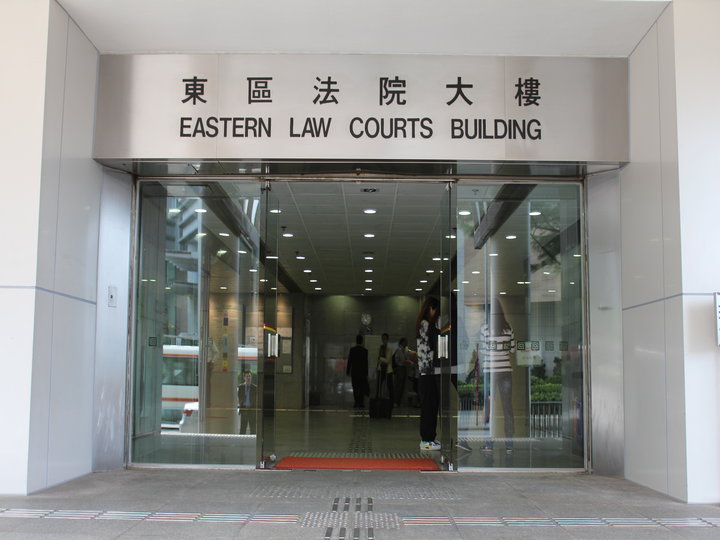
On 30 November 2016, the lawyers of WRPK received a call from the Immigration Department inviting the Sri Lankan refugee to Castle Peak Bay Immigration Centre (CIC) to collect a “Form 8” recognizance document. Without such forms refugees are unable to approach the Social Welfare Department (SWD) for welfare assistance, or the Hospital Authority for medical wavers, as these documents are required by government departments to verify the ongoing status of asylum seekers.
What is highly unusual about this case, is that WRPK was denied a “Form 8” since he was released on court bail in October 2013, despite the best efforts of his legal team. For more than three years he suffered severe destitution and was unable to meet his most basic needs of shelter and food, as refugees are banned from working. Several legal letters seeking assistance in this respect went unattended.
In April 2015 Vision First emailed the Immigration Department informing that the delay was “causing WRPK preventable and unreasonable hardship”, for reason that he could not wait indefinitely for the court verdict before being issued with a recognizance form as he was destitute. A few days later Immigration responded, “WRPK may approach the SWD and, for the purpose of clarifying his non-refoulement claimant status, SWD will inquire our Removal Assessment and Litigation Section.” It sounded hopeful.
However, when WRPK approached the SWD he was again informed that without a recognizance form assistance was impossible. There is an inherent injustice in the asylum process when refugees are bounced between the Immigration Department and SWD by front-line staff who regurgitate unhelpful responses without considering the physical hardship of those seeking help. The protection system short-circuits when government officials thing, “It’s not my problem!”
Where criminal charges do not merit immediate custodial sentences, it is one issue to demand that refugees attend court while released on bail with government assistance, while it is another one to expect impoverished refugees to undergo lengthy prosecution without welfare. This procedural gap is inherently wrong. Such a failure amounts to a cruel and degrading treatment that indeed promotes “constructive refoulement”, that is, indirect policies that discourage refugees from claiming asylum and encourage voluntary departures from Hong Kong.
Vision First is disturbed by this case because the magistrate was repeatedly informed that the defendant had been denied welfare – but nothing was done. Time and again, the defense team informed the court it was the prosecution’s duty to inquire with Immigration the reasons why a recognizance form would not be issued – but nothing was done. Ignoring the predicament of a vulnerable refugee, the court adjourned the case repeatedly for three years, while WRPK remained destitute.
Further, Vision First is concerned that the magistrate Joseph To may have prejudiced WRPK rights by demanding that he attend court every two weeks, instead of the customary three months, pending the result of his USM claim. This exercise in futility is an avoidable waste of the court’s time considering that asylum bids may take up to a decade. To make matters worse, the magistrate set an otherwise quick adjournment to the last order of the day, forcing WRPK and his legal team to sit on the benches wasting government resources.


